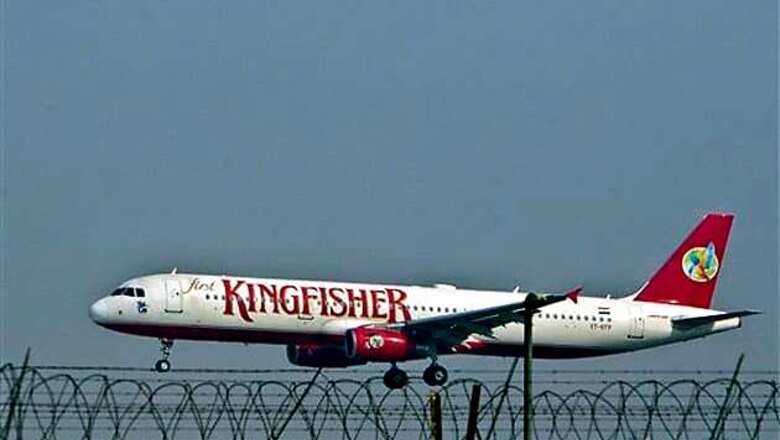
views
Mumbai: Kingfisher Airlines has begun the process of importing aviation fuel, the company said, in a move that could help the cash-strapped carrier bring down its fuel bill but present substantial and costly logistical challenges.
High fuel prices are just one of the issues plaguing India's ailing airline industry, but a recent decision allowing direct import of jet fuel by airlines is no panacea due to the large costs of setting up storage and supply infrastructure.
India in February gave the green light to direct imports of aviation turbine fuel (ATF), a long-standing demand from carriers forced to buy fuel more than 50 per cent costlier than the global average, mostly due to local taxes.
"Kingfisher Airlines has received authorisation from the Director General of Foreign Trade for the import of aviation turbine fuel ... and we are taking active steps to initiate the process of ATF import," the company said in a statement.
SpiceJet Ltd, another airline, said on Wednesday it had approval to begin direct ATF imports, which account for around half of Indian carriers' operating costs.
Debt-laden Kingfisher, which has slashed its services as banks refuse to extend loans to the carrier, has become a byword for the troubled industry which is expected to have lost up to $3 billion in the fiscal year that ended in March, according to the Centre for Asia Pacific Aviation.
Direct imports could bring down fuel costs by 15 to 20 per cent, according to industry analysts, but setting up the infrastructure to import, store and deliver the fuel to their aircraft would require large upfront costs.
Oil and gas major Reliance Industries said in February it was in talks with a number of airlines to provide jet fuel infrastructure and transport services.
India's airlines were previously required to buy fuel from marketing companies including state run Indian Oil Corp (IOC.NS), Hindustan Petroleum Corp (HPCL.NS) and Bharat Petroleum Corp (BPCL.NS), which are mandated to levy various federal and state taxes.




















Comments
0 comment